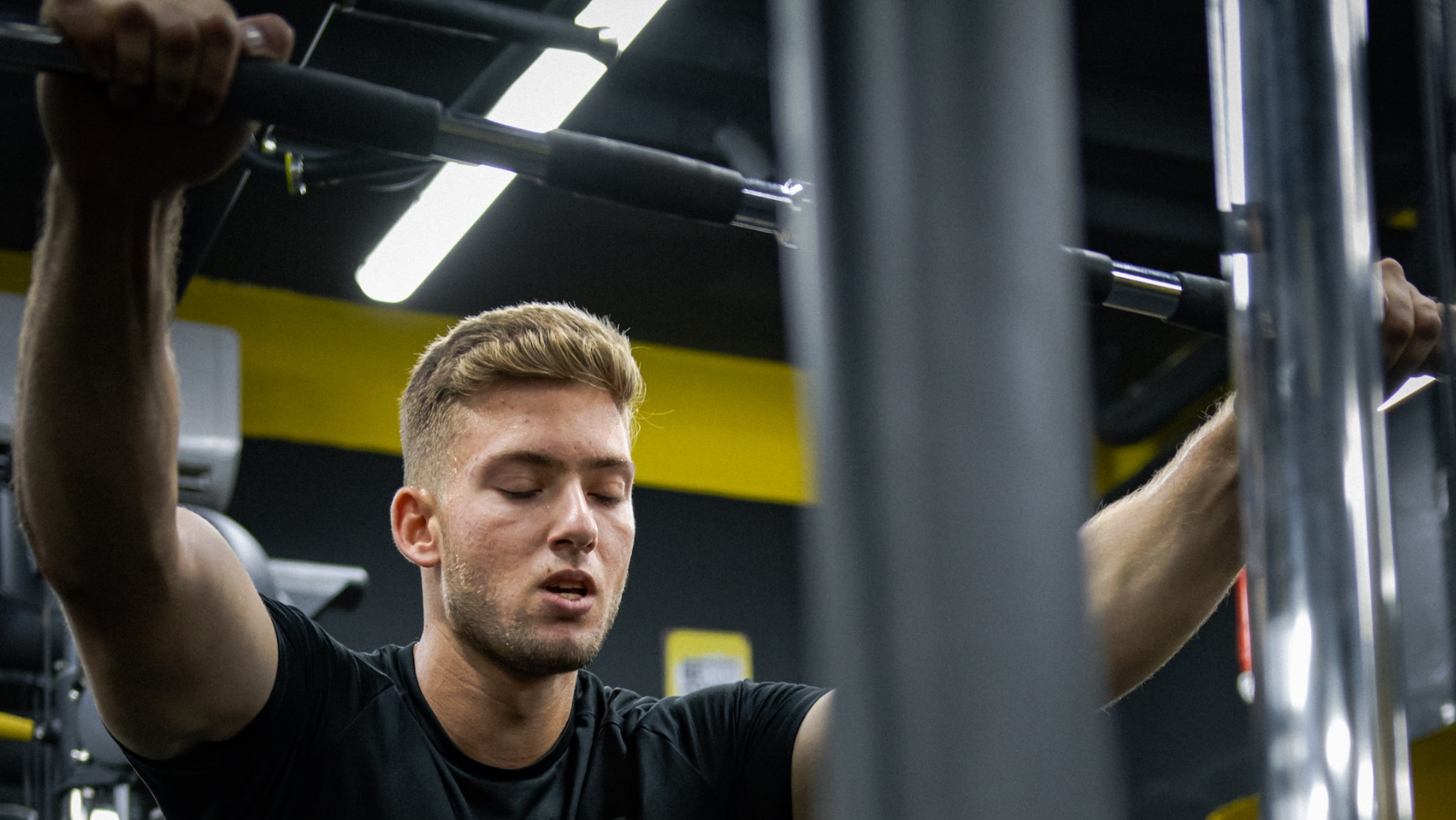Regular physical exercise is an important part of maintaining health and fitness. People exercise in various locations, such as their local park, running along coastal tracks, or training at home or at a commercial gym. But with exercise comes the risk of sports-related or gym injuries.
Gyms often unstaffed and unsupervised
As the Covid pandemic fades into distant memory, people are returning to gyms nationwide to get into shape and lose the Covid kilos. The fitness industry in Australia comprises over 6,000 gyms and fitness centres and is worth over two billion dollars.
Many of these facilities operate 24 hours a day, seven days a week, and are often unstaffed. Gone are the days of gym staff and instructors roaming the gym floor, correcting techniques, giving advice, and keeping the gym safe and tidy.
Training at a gym is often the most convenient option and means you get access to a wide range of fitness equipment, personal training, and fitness industry professionals. However, such training can also lead to serious accidents and gym injuries.
Are gyms liable for injury?
While not all gym-related injuries are the fault of the staff or the gym, there are circumstances where they can be held responsible, and you can claim compensation for your gym injuries.
When can you seek compensation, and how do you know what you’re entitled to?
Here are some basic principles.
I’ve been hurt while training at the gym – now what?
First, follow the gym’s emergency procedures and seek medical treatment from a qualified health professional. This might mean calling an ambulance or seeing a doctor or allied health professional.
Next, notify the facility’s manager or owner. Tell them what happened, when it happened, and anything else that you might think is important.
Finally, contact a reputable lawyer and seek legal advice regarding your rights and entitlements.
Can I sue the gym for my injuries?
Not all injuries give rise to compensation. However, you can consider making a compensation claim if, as a result of somebody else’s negligence, you have suffered a serious injury that has resulted in persistent and ongoing symptoms and pain.
It is also important to remember that it is your responsibility to use your judgement, understand your capability, and use the equipment correctly and as instructed. You should also ensure that you wear appropriate footwear and clothing and apply common sense to keep yourself safe in the gym.
If you notice faulty equipment or a hazard that could cause an injury, you should report it to a staff member as soon as possible so that nobody is hurt.
Simply put, if you use a machine incorrectly or lift something beyond your capability, you might not be entitled to compensation.
Can I make a public liability claim for my gym injuries?
If your injury was caused by the actions of your trainer or by the gym’s negligence, then you may have a right to compensation. These types of claims are public liability claims, and most businesses have public liability insurance for when people get hurt at the gym.
Personal trainers, coaches, gym staff and fitness professionals must assign exercises which are within your capabilities; otherwise, you have an increased risk of injuring yourself. Coaches and trainers are paid to push their clients to achieve their fitness goals. But they are also hired to ensure you reach your goals safely and responsibly.
If a personal trainer tells you to do an exercise that is beyond your capacity and you suffer an injury as a result of doing that exercise, then it is likely you may have a right to compensation.
Duty of care of gyms and their members
Gym members also owe each other a duty of care. Gym injuries occurring as a result of members dropping weights on other gym members happen from time to time. So, if your accident happened because of someone who wasn’t employed by the gym, you should still seek the advice of a lawyer.
The gym and its staff have a responsibility to its members to make sure that all available equipment is safe and properly maintained. The gym may have breached its duty of care if you hurt yourself using faulty exercise equipment.
Gyms are responsible for ensuring their premises are safe, clean and free of hazards. This includes ensuring that weights are stored properly and safely, the floors are free of hazards and the gym is well maintained. If you injure yourself while putting away weights left on a piece of equipment by someone else, you may have a compensation claim.
Does signing a waiver mean I can’t claim compensation?
If you are one of the 6.2 million Australians with a gym membership, then it is likely when you first joined the gym, you would have signed a contract and waiver. These documents often suggest that a gym cannot be held liable for any injuries that may occur.
Signing a gym waiver form is normal practice, but it does not excuse the gym from fulfilling its duty of care. The gym must ensure your safety while you are on the premises. Signing a waiver does not change that.
What can I do to limit the risk of gym injuries?
To limit the risk of gym injuries, start slowly and engage the services of an experienced and qualified coach or personal trainer. Use the gym equipment properly for its intended use. Don’t overestimate your abilities; you might get hurt with no right to compensation.
Finally, always make sure you tell the gym (or your trainer) about any pre-existing injuries, illnesses or medical conditions you have, so that the gym can tailor a program to suit your needs to keep you safe.
However, even with the utmost care and caution, gym injuries and accidents can happen anytime, with potentially devastating impacts. If you’ve been injured in a public place, such as a gym, and someone owes you a duty of care, such as personal trainer, you may be entitled to compensation and you should speak with a lawyer.














